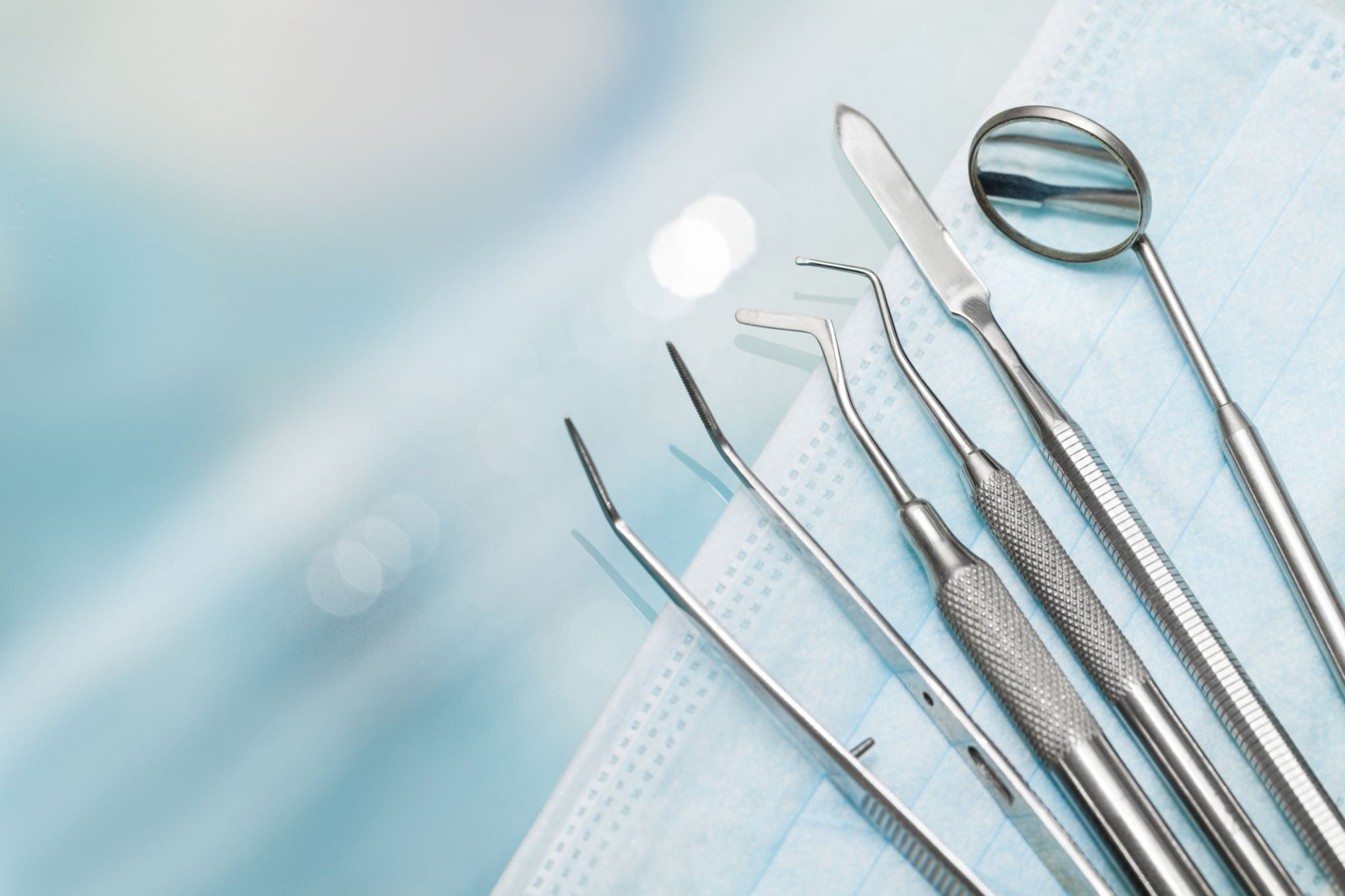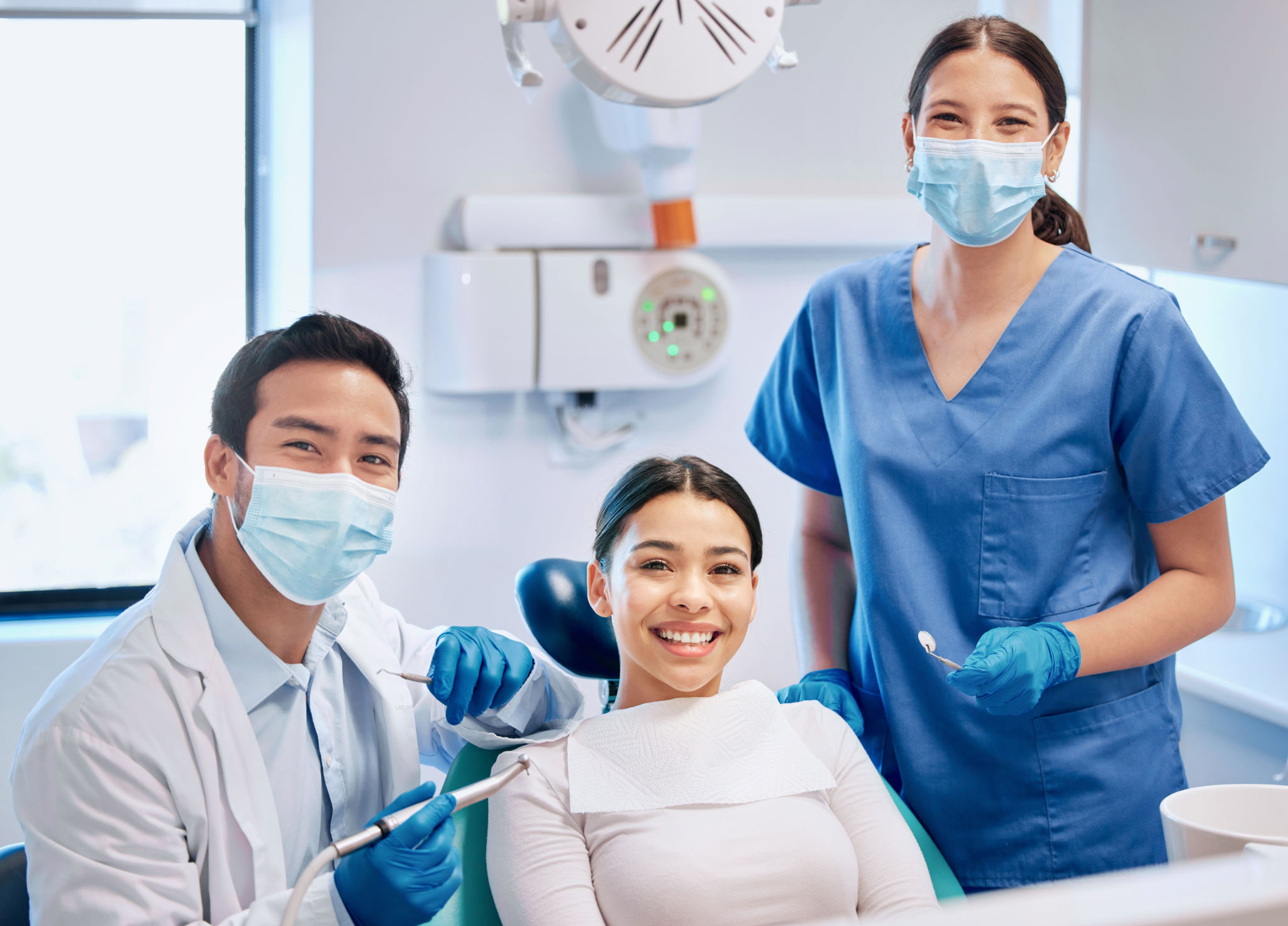The Ultimate Guide to Dental Equipment Repair: Keeping Your Clinic Running Smoothly
Why Dental Equipment Repair is Essential
Maintaining a well-functioning dental clinic requires more than just skilled practitioners; it also demands reliable equipment. Dental equipment repair is crucial in ensuring that every tool operates efficiently, minimizing downtime, and enhancing patient care. Regular maintenance and timely repairs can save clinics both time and money in the long run, preventing unexpected breakdowns that could disrupt your schedule.

The importance of dental equipment repair cannot be overstated as it directly impacts the quality of service provided. Malfunctioning tools can lead to delays, rescheduled appointments, and even compromised patient safety. By investing in routine maintenance and addressing repairs promptly, clinics can maintain a high standard of care.
Common Dental Equipment Issues
Dental clinics rely on a variety of equipment such as chairs, X-ray machines, sterilizers, and handpieces. Each of these items has its own set of common issues. For example, dental chairs may experience hydraulic fluid leaks or electrical malfunctions, while handpieces often face wear and tear from constant use.

Identifying the most frequent problems can help in establishing a proactive repair strategy. Some typical issues include:
- Electrical failures in dental chairs
- Overheating in autoclaves
- Clogged air or water lines in handpieces
Awareness of these common problems allows clinic staff to recognize warning signs early and seek professional repairs before the issues escalate.
Choosing the Right Repair Service
When it comes to dental equipment repair, selecting a reputable service provider is paramount. Look for companies with experienced technicians who specialize in dental equipment. It's also beneficial to choose a service that offers timely response times and comprehensive warranties on their repairs.
Additionally, consider whether the repair service provides on-site repairs or if they require equipment to be shipped to their facility. On-site repairs can minimize downtime and ensure that the equipment is returned to service quickly.

Preventative Maintenance Tips
Preventative maintenance is key to reducing the need for extensive repairs. Implementing a regular maintenance schedule can help identify potential issues before they become major problems. Here are some tips for effective preventative maintenance:
- Conduct routine inspections to check for wear and tear.
- Follow manufacturer guidelines for cleaning and maintaining equipment.
- Ensure all staff are trained in the proper use and care of the equipment.
By adhering to these practices, clinics can extend the lifespan of their equipment and reduce the likelihood of unexpected failures.
The Role of Staff Training
Proper staff training plays a significant role in keeping dental equipment in top condition. Staff members should be well-versed in operating each piece of equipment correctly and recognizing early signs of malfunction. Regular training sessions can keep everyone updated on best practices for equipment care and maintenance.

Encouraging a culture of responsibility among staff regarding the care of equipment can lead to fewer repair needs and a more efficiently running clinic.
Conclusion
In conclusion, dental equipment repair is an integral part of operating a successful clinic. By understanding common equipment issues, selecting the right repair services, practicing preventative maintenance, and ensuring proper staff training, clinics can maintain their equipment's functionality and provide high-quality care for their patients. Remember, a proactive approach to equipment maintenance not only safeguards your investment but also enhances patient satisfaction and clinic efficiency.
